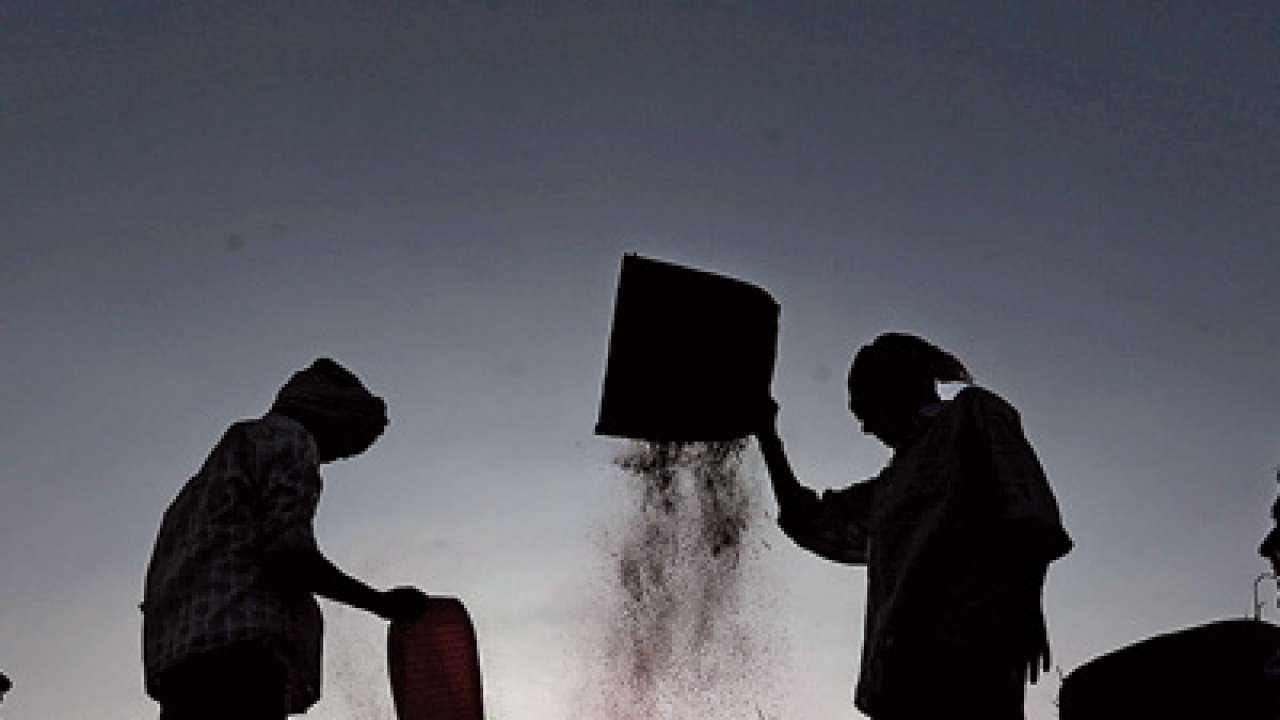
“Food is a weapon. It is now one of the principal tools in our negotiating kit.” — Earl Butz, a former agriculture secretary, USA
“Everything else can wait but not agriculture.” — Jawaharlal Nehru
The Ninth Ministerial Conference of the WTO took place in Bali during 3-7 December 2013. Ministers issued a declaration announcing 10 decisions on various issues. Among these, two are of particular significance for India – Agreement on Trade Facilitation and Public Stockholding for Food Security Purposes.
The developed countries wanted to push hard for firm commitments on TFA but keep the agreement of Public Stockholding for Food Security purposes hanging. The G33 (now 46) proposed amendments to the WTO Agreement on Agriculture, which were not accepted by the developed countries. In fact, the developed countries want to keep the rules of the game heavily loaded in their favour. Their attitude in fact is in violation of the principle of “single undertaking” which requires that an agreement is valid only if agreements are reached in every area of negotiation. Since the developed countries were moving fast only on TFA and there was no movement towards the decision on Public Stockholding for Food Security, India and G-33 became apprehensive of the designs of the developed countries.
These apprehensions have come true. The United States and other exporting countries have pushed hard for firm commitments from developing countries on Trade Facilitation but they have offered no reciprocal commitment to negotiate in good faith on the flaws in the existing WTO Agreement on Agriculture, or on the specific Bali issue of public food reserves for food security.
India has therefore, made it clear to WTO that “to jeopardise the food security of millions at the altar of a mere anomaly in the rules is unacceptable.”
The whole issue of food security concerns in WTO occurred with the developed countries raising the issue of India exceeding the threshold limit of 10 per cent of total value of food production, which could be given as subsidies. After the passage of food security legislation by India, ensuring provision of food grains to nearly 67 per cent of population at a very low price of Rs3 per kg for wheat and Rs2 per kg for rice, the developing countries argued that India was indulging in trade distortion which was in violation of the WTO agreements. Fact of the matter is that India has never ever exceeded the threshold limit of 10 per cent, nor it is expected to exceed this limit even after full implementation of Food Security Act.
It must be recognized that at the time of signing of WTO agreement, the base price was pegged at prices of food grains prevailing in 1986-88. This would imply that if the government pays a support price of Rs1,400 per quintal today and between 1986 and 1988 the support price was Rs380 per quintal then the subsidy part would be calculated as Rs1,020, which is highly inappropriate and unfair. If the same rule continues then the threshold limit of 10 per cent of total production is bound to increase. What the Indian side in WTO wants is this simple correction in the rule that this anomaly is rectified and the base year is revised. The developed countries refuse to accept this.
Once the TFA is implemented, it is apprehended the developed countries would not come back to the negotiating table to discuss this issue or any of the other non-binding outcomes of the Bali ministerial conference. The result would be that the developed countries would have achieved their desired agreement on trade facilitation. Developing countries would have lost the bargaining space for an outcome on food security.
This is once again an illustration of the manner in which the interests of developing countries have been subordinated to the might of the developed world. The developed world too had market price support programmes and was able to move away from market price support -- though not fully even now -- because of their deep pockets. This is not possible for developing countries.
If the Doha Round had been concluded, the developing countries would have achieved substantial reductions on agriculture support and export subsidies by the developed world would have been disciplined. Having missed that opportunity, the US, EU, Japan and other developed countries can continue to provide agricultural support. The US provides well over a US $120 billion as support to its farmers.
They continue to have the right to provide unlimited amounts of certain types of support to their farmers, while developing countries have to stay within a de minimis cap. This being a fixed percentage will become more and more of a problem as our food requirements increase and consequently, we have to enlarge our procurement and food aid operations.
India’s stand in the recent WTO Trade Felicitation deal has received wide support. Lending strong support to India, president of International Fund for Agricultural Development Kanayo Nwanze had said, “Creating jobs for some other country, while people are still hungry, doesn’t make sense. If I was in the position of feeding my own family or creating jobs for someone else, what would I do? What would you do?”
The government is committed to protecting the interests of our farmers against all odds. Our farmers work in extremely adverse conditions, most of them at the mercy of the vagaries of the monsoon, aggravated today by global climate change. For farmers in many developing countries farming is a subsistence activity, not a commercial one.
India is an unwavering votary of the multilateral trading system and has reiterated its commitment to the WTO. The timely correction of any imbalances or anomalies in the working of the system or its rules is critical to ensure that the WTO works impartially and fairly in the interests of all its members and not just a select few.
The author is a senior BJP MP